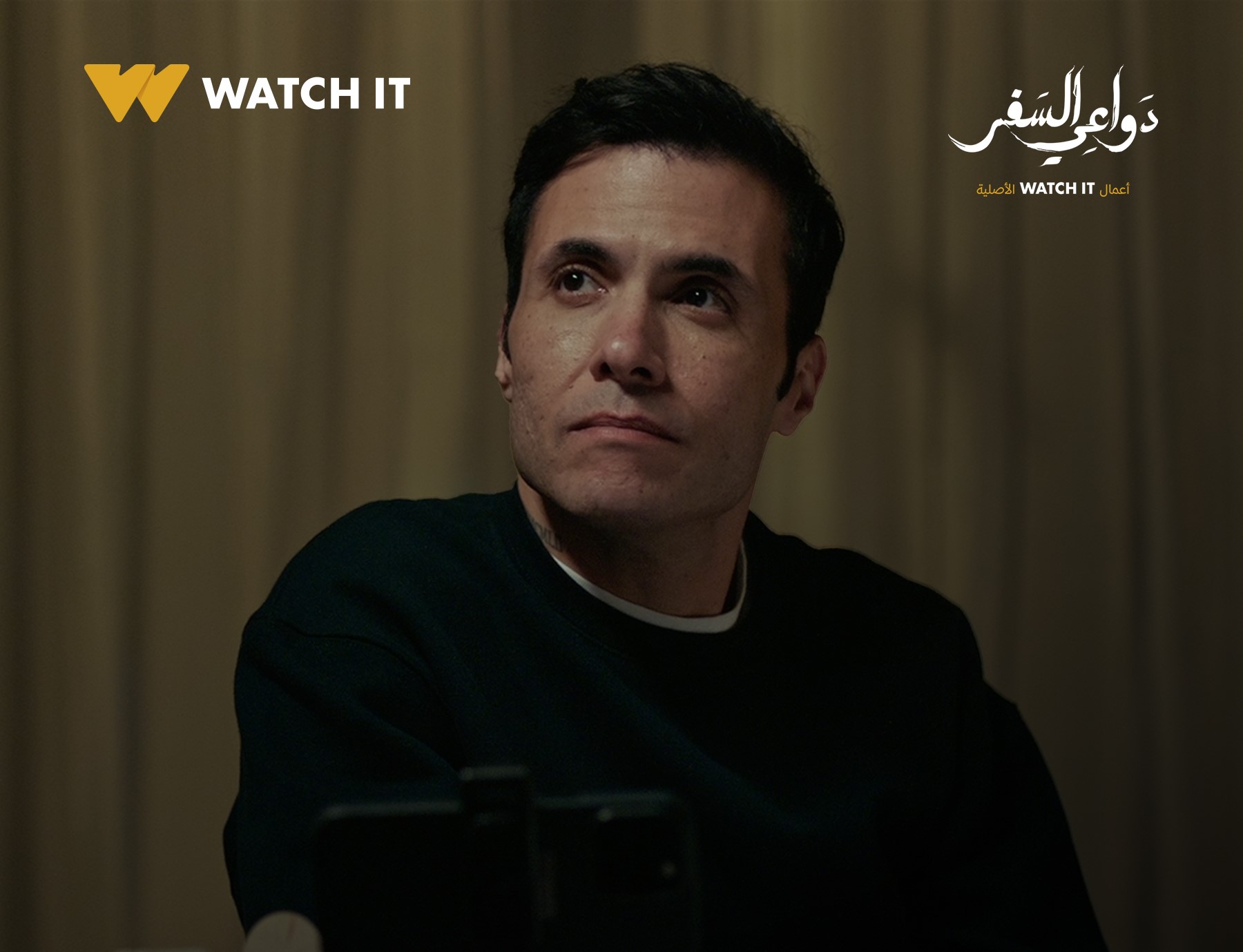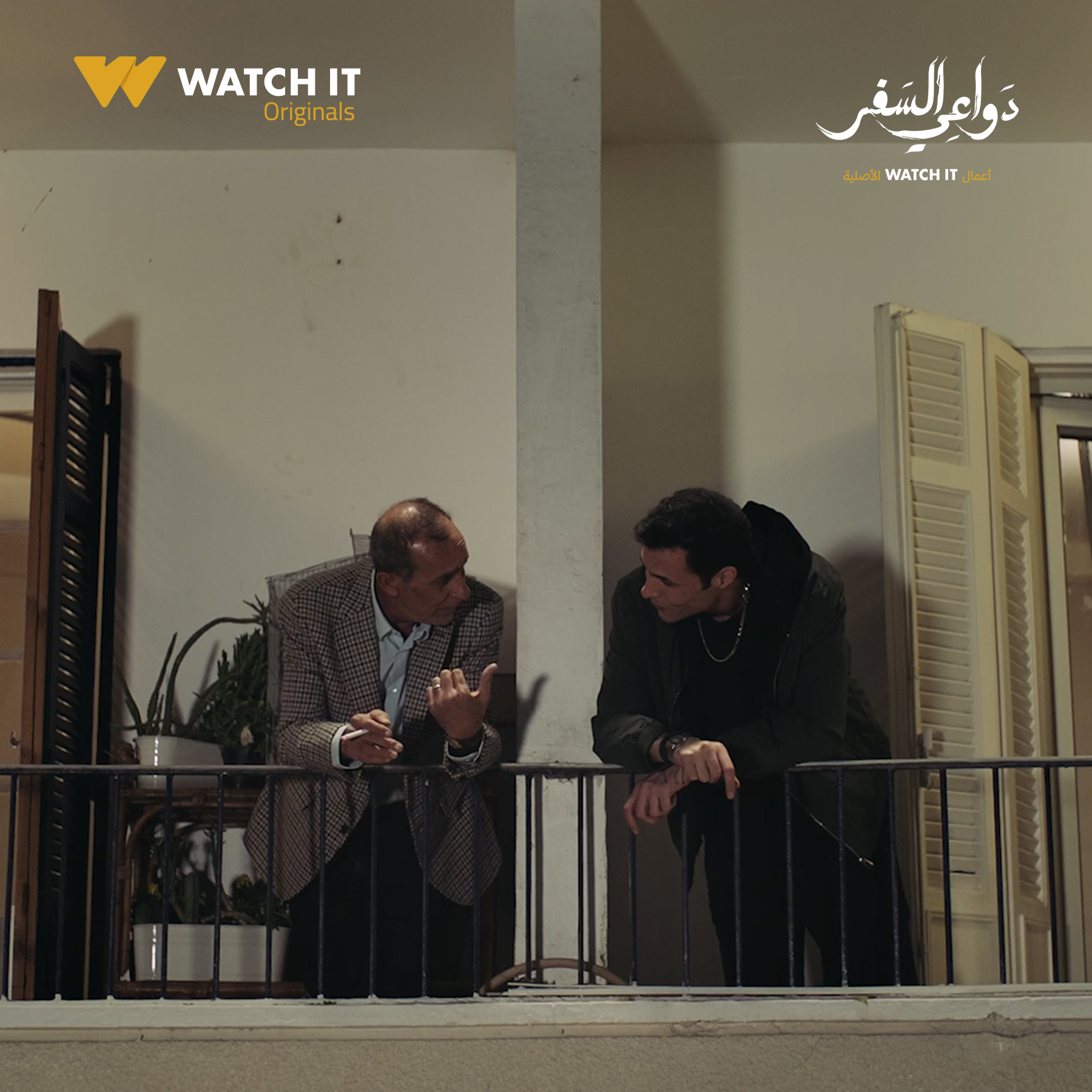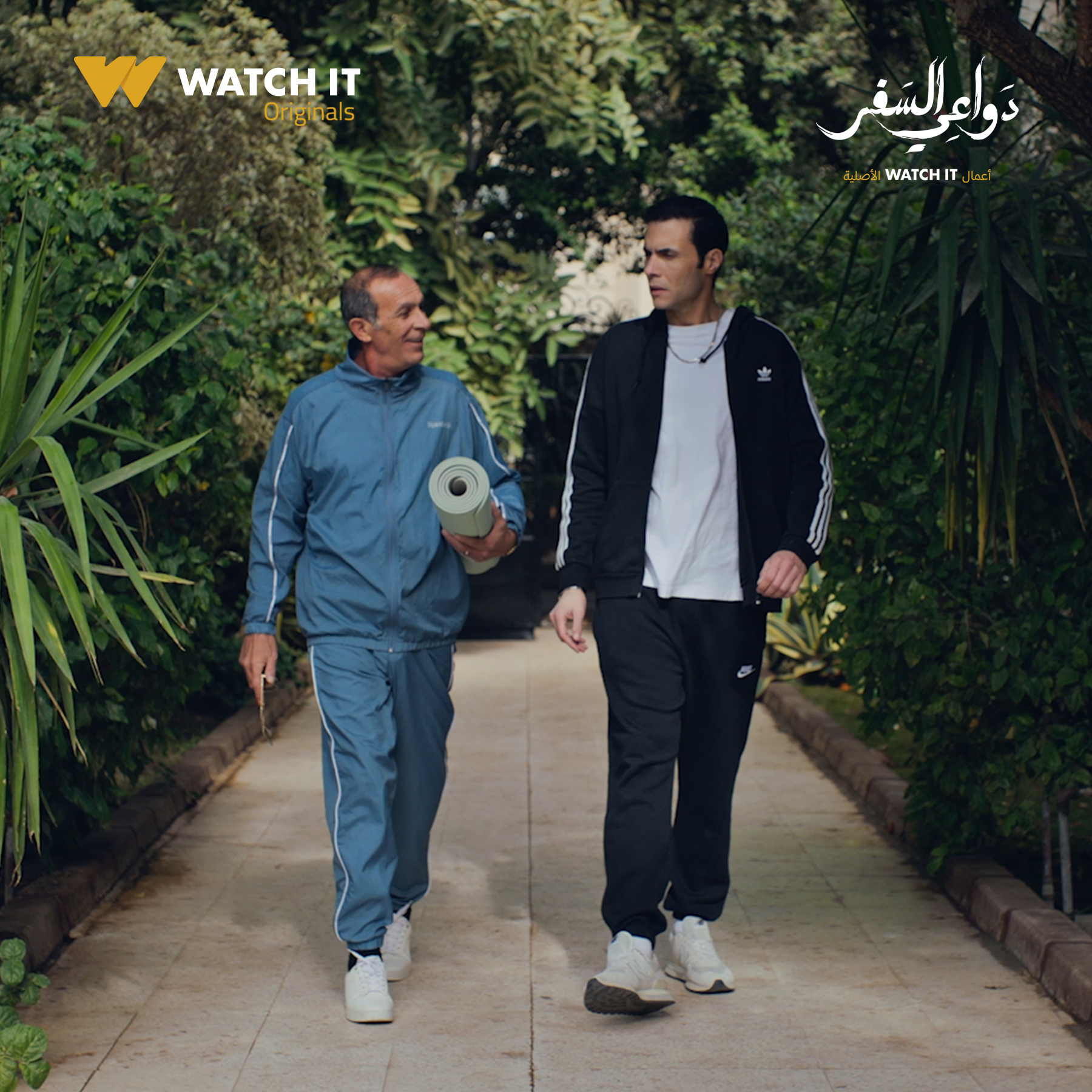The hit new show Dawa3y El Safar has captivated audiences with its profound exploration of loneliness, friendship, and the human condition. Mohamed Nayer, the talented mind behind Rivo, directed and created the show, masterfully diving deep into themes that resonate universally.
With that said, as we bid farewell to the journey of Ali and Captain Ibrahim, we are reminded of how Dawa3y El Safar was more than just a show; it is a heartfelt reminder of the essence of life and the power of genuine relationships.
Here, we review the series, examining its multiple layers, standout performances, and the crucial messages it conveys:
Loneliness Knows No Bounds

From the very first episode, Dawa3y El Safar sets the stage by breaking down the killing nature of loneliness. It doesn't differentiate between the young and the old, the solitary individuals and those surrounded by loved ones. The show illustrates how, even amidst company, one can feel profoundly isolated.
Dawa3y El Safar bravely tackles the often-taboo subject of mental health. It portrays depression and loneliness with a raw honesty that is both heartbreaking and enlightening. The series emphasizes that mental illness is as significant as physical illness and that seeking psychological help should not be stigmatized.
The Power of True Companionship

One of the most heartwarming aspects of the series is its portrayal of genuine companionship. It highlights the beauty of finding someone who understands and appreciates you beyond the superficial measures of success or wealth. The friendships in the series are portrayed with authenticity, showing that true friends don't need to be in constant contact or always on the same page. Instead, the mere knowledge that someone is there for you, ready to listen and support, is invaluable.
At its core, the show is a celebration of human connections. While success and achievements are critical, they are hollow without meaningful relationships. The idea that no one can really thrive alone is a recurring theme, perfectly summarized by Amir Eid's character in the final episode: "No matter what we say, we can live this life alone. None of us can do it alone."
A Stellar Cast

Amir Eid and Kamel El Basha deliver standout performances as Ali and Captain Ibrahim, respectively. Eid, in particular, showcases significant growth in his acting, moving beyond his comfort zone and portraying a young man grappling with depression. El Basha's performance is equally compelling, bringing a depth of emotion to his character that is both touching and believable.
The show also benefits from a strong supporting cast, including the notable performances of Ahmed Ghozzi and Donia Wael, among other characters who add depth to the narrative. However, some characters, like Ali's ex-wife and his brother, could have given more convincing performances.
Artistic Merits

Writer and director Mohamed Nair created a compelling narrative that balances deep, philosophical questions with everyday realities. Like his previous work, Rivo, his writing shines, creating relatable and multi-dimensional characters. Though not perfect, his direction shows promise and effectively brings the story to life.
It also excels in its visual storytelling. The filming locations, music, and overall aesthetic contribute to the show's warm and engaging atmosphere. The attention to detail, from the settings to the props, enhances the authenticity and immersion of the viewers.
Room for Improvement

While Dawa3y El Safar is largely well-received, it does have its shortcomings. The plot occasionally falters, particularly in the middle episodes, where the narrative pace slows down. Some subplots and characters, such as Ahmed Ghozi's role, could have been fleshed out more deeply to explore his storyline.
Minor issues, like empty coffee cups in scenes, can distract attentive viewers. Additionally, some dialogue and scenes could have been more subtle to maintain the emotional impact without being overly direct.





